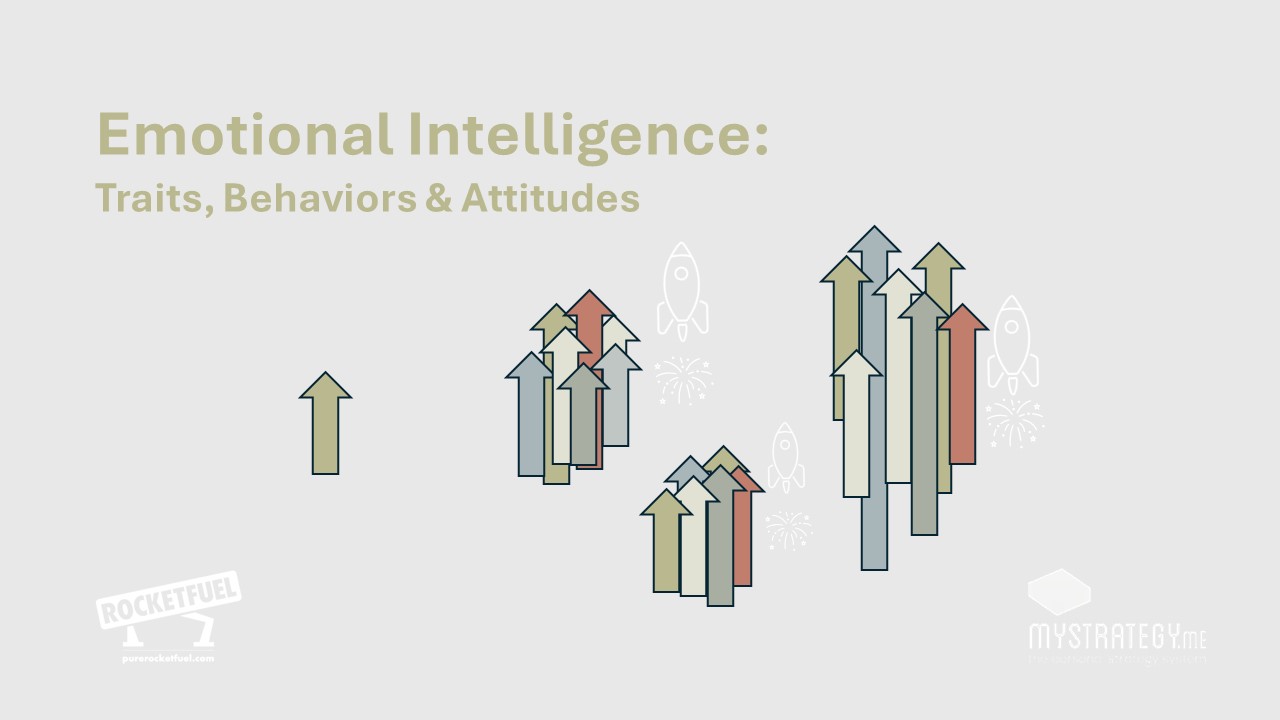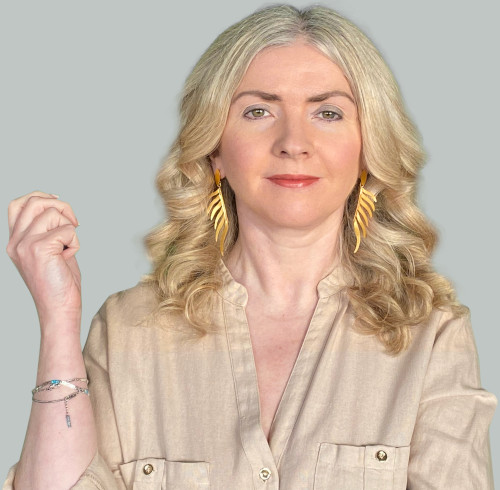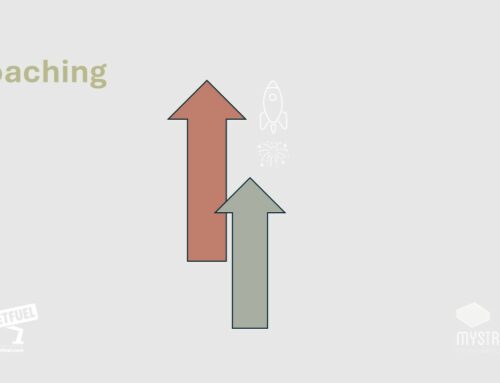
It’s good to open the doors, but also to be ready to close them, reminds Davina Greene.
Sharing is good. Ask me pretty much anything, and I’ll tell you the answer. But the thing with me is: you’ll probably have to ask. Other people will say ‘hello’ and simply launch into their life story. Different strokes, as they say. We’re in the domain of emotional intelligence here – recognizing and respecting the needs of others in this respect.
Standards around sharing and privacy have changed dramatically in recent times – the once-shocking act of ‘airing one’s dirty laundry in public’ has been replaced by pretty much every inch of real and online space constituting a public laundrette (Thank you, reality TV and social media).
People who actively share can find people who don’t share, or need to be asked, quite difficult to understand. And vice versa. The sharers sense secrecy, mistrust and inauthenticity; the non-sharers sense nosiness and boundarilessness (and, at times, ‘therapist fee avoidance’). Some people don’t speak about feelings by considered choice; others don’t speak about feelings because it doesn’t come naturally, because they’ve been taught that it’s inappropriate, or because they have heard too many people mocked for their emotion and don’t want to bring that on themselves.
We often speak more easily to strangers. Why? Reciprocity, similarity, or the ‘false intimacy’ of being physically close (on train or bus, for example), the experts suggest. We’re trying to make the other person comfortable, trying to speed up the process of making a new friend, or even (whether consciously or unconsciously) showing a sign of neediness to draw them in – which may, of course, have the opposite effect. At other times, we quite simply haven’t been getting the ‘right answers’ from friends – the story has become too powerful and must be resolved in the ‘right way’, so we’ll keep extending the audience, sharing further and further, until we hear what we want to hear.
Neither behaviour is an issue, just because it is perceived that way by someone else (yes, even by you!). That is, unless the person is struggling with her own behaviours. If someone is bursting to speak about how they feel but can’t, yes, that’s an issue that needs to be solved. If someone endlessly makes their problems known, but goes home embarrassed that they’ve overshared again, then that’s also worth solving.
Share to whatever extent you wish to, just know your audience. Is there anything you shouldn’t share? Well, I always ask people to be mindful in a couple of areas, as a result of all the coaching-based stories I’ve heard over the years.
First up: Sharing goals. Be ready for people to belittle them, whether accidentally or on purpose – maybe they don’t get it, or maybe they do and are already jealous of the successes it may bring you. Don’t get pulled off track, don’t let yourself get confused. On the other hand, what if you get so much support and praise for your idea that your brain is fooled into thinking you’ve already achieved the goal? Where will that leave you?
Then: Sharing relationship issues. Where there has been any emotional struggle involved, others can be far too fast to tell you to get out. The concept of ‘women being strong’ is often translated into ‘women tolerating nothing less than perfection’, especially in a group (and especially-especially in a group of people who are in relationships). Leave space for your own thoughts. So you confided in the wrong person? Spot it, and move on.
Remember, if you are the type of person with highly active emotions and a burning need to discuss them, it doesn’t oblige anyone in your circle to do the same. Does that feel unequal, even unfair, in your opinion? Maybe. But perhaps the friend who is frustrating you is not your friend for sharing purposes, so maybe extend your circle? If you have decided that either Sharing or Privacy is good, that rule doesn’t have to copy-and-paste into anyone else’s life. Get good at saying, or hearing, ‘No’. And remember, you can build your story and be authentic without telling everybody everything all of the time.
Key Points
- Be careful who you share with.
- Sharing is a choice, not an obligation. Open the door, but don’t force it.
- If you are unsure about boundaries, ask.
- Know your audience: Don’t give so much away that you leave yourself vulnerable.
- Be fair on friends. Don’t assume they can cope with what you tell them.
Interested in investing in your own personal – and personal strategy – development? Check out www.MyStrategy.me!
Share This!
About the Author



